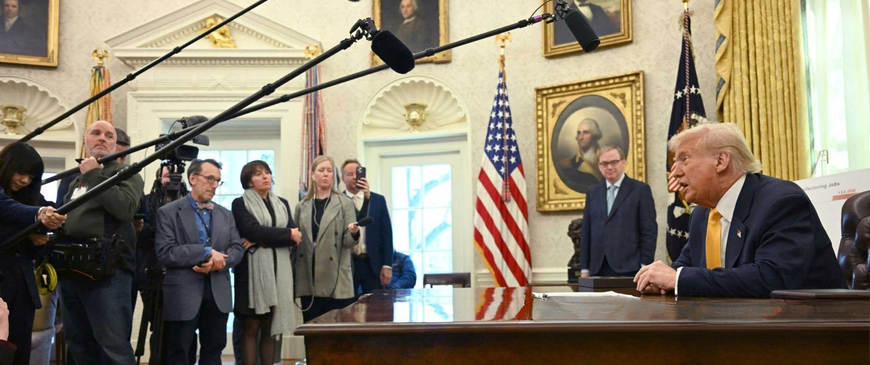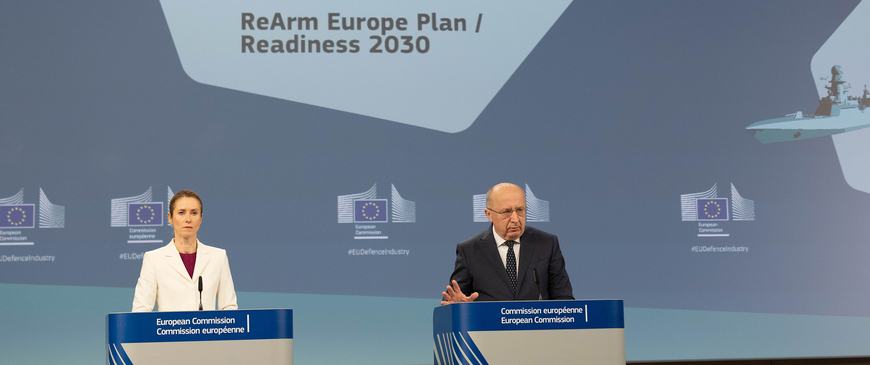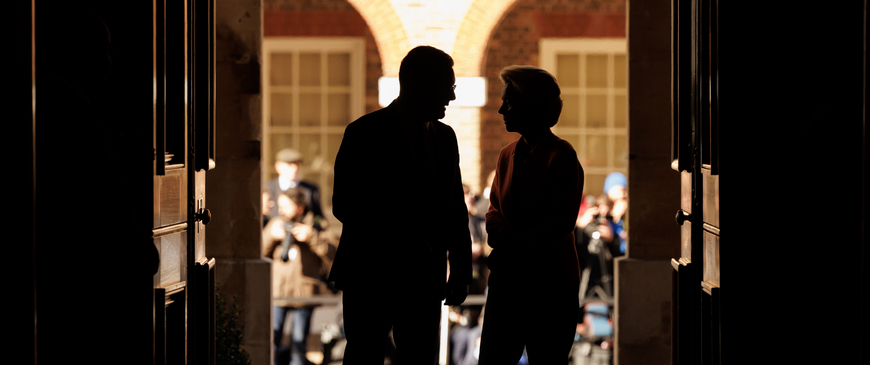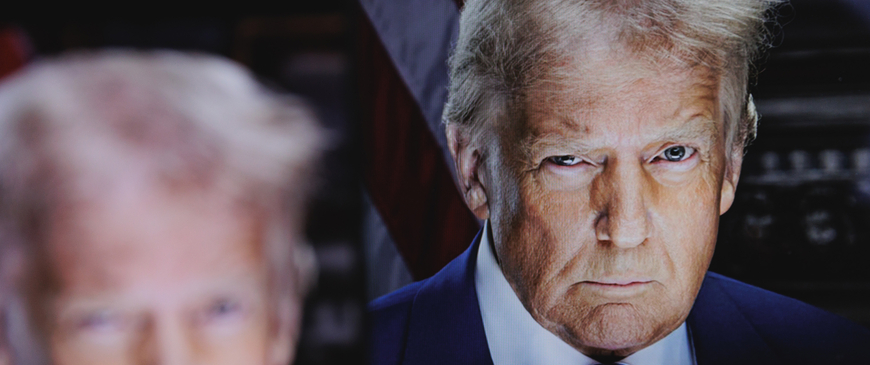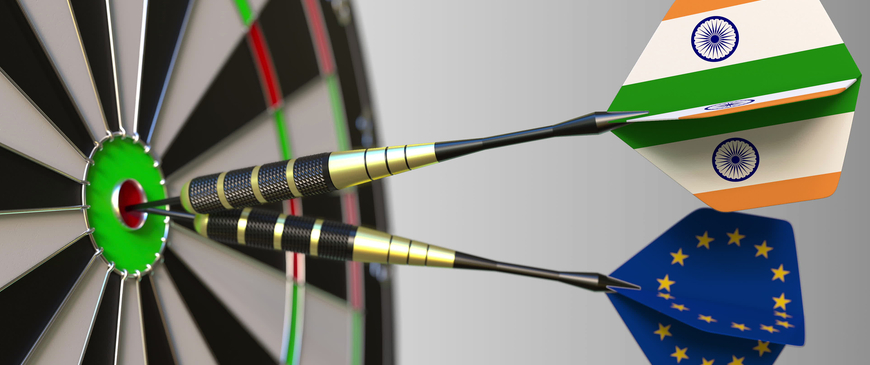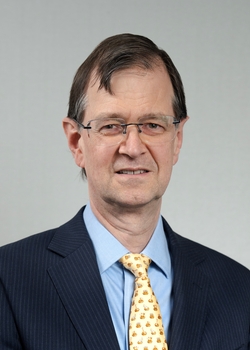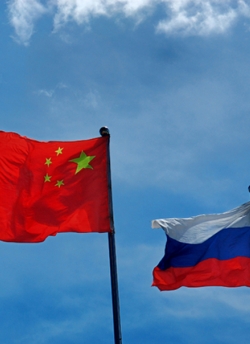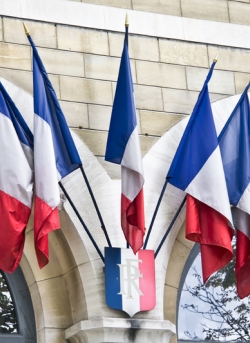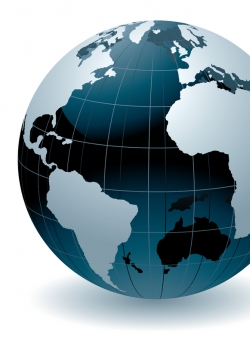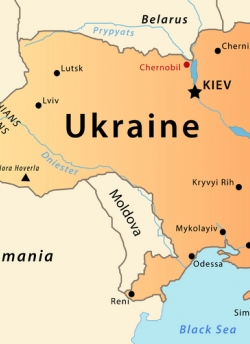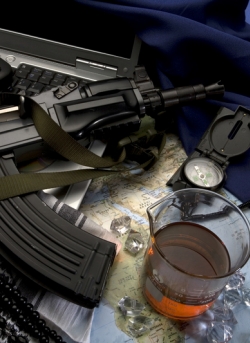Foreign policy & defence
Europe must bring Ukraine into the fold
07 September 2008
In a spectacular case of bad timing, Ukraine’s government all but collapsed last week. President Viktor Yushchenko withdrew most of his deputies from the ruling coalition with Yulia Tymoshenko, the prime minister.
Can the west help prevent an all-out war between Russia and Georgia?
08 August 2008
The Guardian
This week, Georgia made a bold gamble: it moved forces into South Ossetia; a province of Georgia that broke free in the early 1990s, in an attempt to re-assert its authority over parts or all of it.
Russia-China: Axis of Convenience
20 May 2008
Open democracy
The China threat looms large in the Russian imagination, but is not justified by the facts suggests Bobo Lo, writing for openDemocracy's new collaboration on Russia and the world.
Turkey: The constitutional frontline
14 April 2008
Open democracy
A legal case against Turkey's ruling party reopens the secular-Islamist argument over the country's future. It's time for wise leadership, says Katinka Barysch.
Sarkozy's bold European defence initiative
24 March 2008
Financial Times
Gordon Brown will welcome Nicolas Sarkozy to London on March 27. Almost 10 years ago, their predecessors as British prime minister and French president, Tony Blair and Jacques Chirac, launched the European Security and Defence Policy (ESDP) at St Malo. At this week's Franco-British summit, defence co-operation will once again...
Global Perspectives 2008
01 January 2008
International Affairs Forum
Insisting that the EU must unblock accession talks with Ankara in the energy area if it is serious about diversifying its supply, the December 2007 paper by Katinka Barysch from the Centre for European Reform (CER) claims that Turkey can make a "substantial contribution" to Europe's energy security.
Barysch argues that...
Barysch argues that...
More than just a debate about the headscarf
07 November 2007
Financial Times
Turkey is about to give itself a new constitution. That is good because the current one was written by the army in 1982, after the last military coup. But the constitutional debate so far has been divisive. Attention has focused on the government's suggestion to scrap the ban on girls...
A newly confident Turkey is starting to bridge the gap
12 September 2007
Financial Times
Sir,
Geoffrey Wheatcroft rejects David Miliband's arguments for keeping the European Union's door open for Turkey ("Structural flaws in Miliband's Turkish bridge", September 10). Like most critics of Turkish accession, he argues that the country is too big, too poor and too Muslim. Like most critics, he is short-sighted.
He takes today's...
Geoffrey Wheatcroft rejects David Miliband's arguments for keeping the European Union's door open for Turkey ("Structural flaws in Miliband's Turkish bridge", September 10). Like most critics of Turkish accession, he argues that the country is too big, too poor and too Muslim. Like most critics, he is short-sighted.
He takes today's...
Recent elections were good for Turkey but it must now roll up its sleeves
06 September 2007
Progress online
Turkey is to be congratulated on the outcome of both its parliamentary and presidential elections. To see why, just consider possible alternatives.
State of the Union: The good deal
25 June 2007
The Wall Street Journal
The deal in Brussels on a new treaty this weekend is good news for those who hope the EU can become a more confident and effective contributor to global security.
Constitutional fudge
19 June 2007
The Guardian
So far, Britain's stance on the German attempt to revise the EU treaties has been - from a British perspective - broadly reasonable.
The EU's premier foreign policy is enlargement
09 February 2007
DW-World.de
At the annual security conference, which opens in Munich on Friday, Javier Solana will be awarded a prize for his efforts in promoting peace as the EU's foreign policy chief.
Welcome to the neighbourhood
15 January 2007
Russia Profile
The enlargement of the EU is slowing down. Bulgaria and Romania have just joined, bringing the membership to 27, but in many EU countries there is little enthusiasm for extending the Union's boundaries further.
Can the EU deal with its unruly neighbours?
21 December 2006
European Voice
What future security and defence challenges should the EU prepare for?Europe should be worried about the spread of weapons-of-mass-destruction (WMD), failing states and terrorism. In fact it already is.
Turkey and the European Union: Don’t despair
27 November 2006
Open democracy
The accession of Turkey to the European Union is beset by troubles. It needn’t be if both sides concentrate on the positives, the big picture and the long term, says Katinka Barysch.
The relationship between Turkey and the European Union, never easy, has taken a turn for the worse. The dispute...
The relationship between Turkey and the European Union, never easy, has taken a turn for the worse. The dispute...
Failed EU entrance could mean stronger ties to Russia
26 November 2006
Zaman online
According to a British think-tank, the Centre for European Reform (CER), if EU membership negotiations were postponed, Turkey would look for a new alliance, perhaps in Russia.
What to do about Russia?
22 October 2006
The Guardian
Perhaps the most important challenge for EU foreign policy is to develop a more unified approach to Russia. The EU member-states have very similar interests in Russia.
At last, some hope for Ukraine
04 August 2006
The Guardian
The formation of a new government - four months after parliamentary elections - is good news for Ukraine. The coalition is broad-based: the party of President Victor Yushchenko, Our Ukraine, has strong roots in the rural west of the country; the Regions party, led by the new prime minister, Victor Yanukovich, dominates the east; and the Socialist party, the third member of the coalition, is popular among farmers in the centre.
Europe's crime without frontiers
21 June 2006
The Yorkshire Post
Europol, the European Union's police office, has warned governments of a clear and present threat from transnational gangs trafficking in arms, drugs and people; as well as running counterfeiting and money-laundering rackets.
What new transatlantic institutions?
01 June 2006
European Affairs
The last two years have seen a rapprochement across the Atlantic. The elevation of new personnel – such as Condoleezza Rice to the State Department and Angela Merkel as German Chancellor – has helped to remove some of the bitterness that the Iraq confrontation had left behind.

